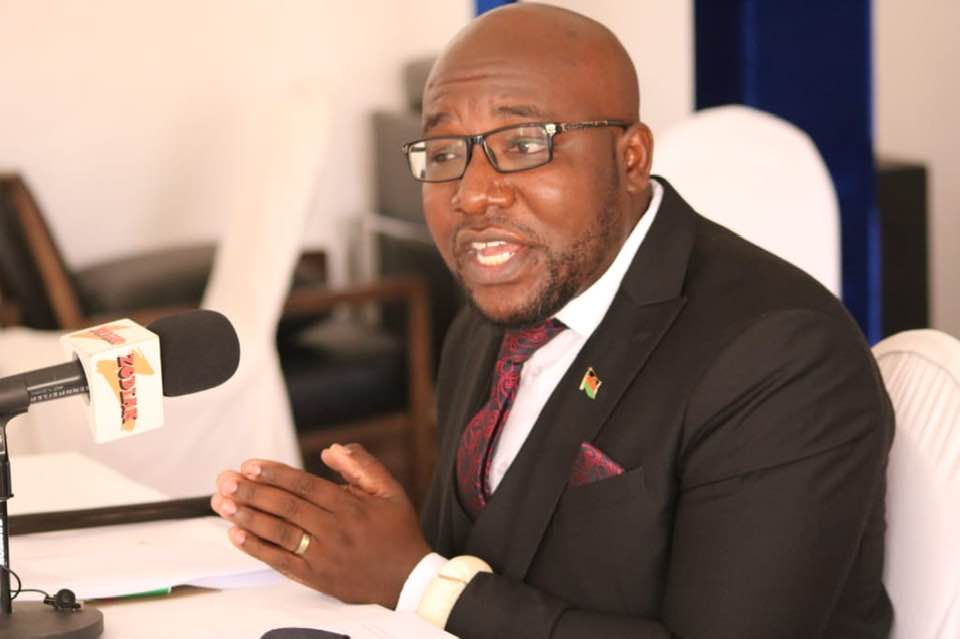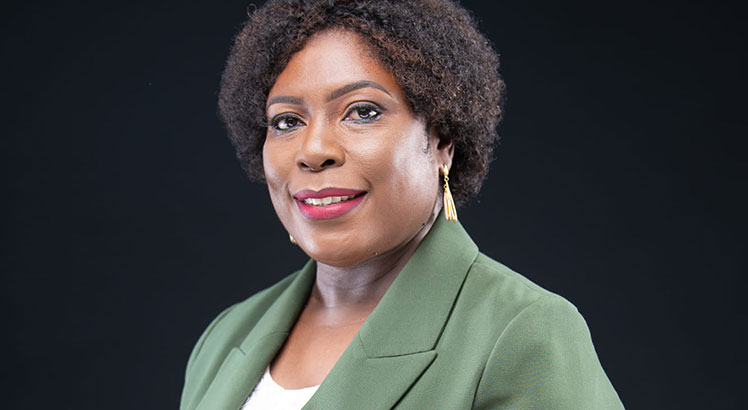These are tough times for Malawi—US envoy
United States Ambassador David Young says while he empathises with Malawians for the economic hardships following the 44 percent kwacha devaluation, the policy direction taken is a “necessary evil”.
Speaking yesterday in an exclusive interview with The Nation at Nation Publications Limited Head Office in Blantyre, the diplomat said before the devaluation, many businesses were finding it tough to operate while some investors moved their businesses to Zambia, Tanzania and South Africa.
However, Young said amid all the challenges that the formal market was facing due to the kwacha misalignment, so much economic activity was happening in the informal market and that the economy was not benefitting.

He said: “These are tough times. Malawians are really suffering right now and I feel their pain. I empathise with them.
“It is very difficult, but if these steps are taken, it can lead to a better future where the economy can be helped to grow because it is this growth that can move a lot of people out of poverty.”
Presently, 59 percent of Malawians are deprived of the amenities and services required for a quality life such as health, education, a habitable environment and access to work, among others, according to the second edition of the Multidimensional Poverty Index jointly published by the Ministry of Finance and Economic Affairs and the National Statistical Office.
During the interview, Young said with the country’s population projected to double in the next 20 years to about 40 million, the situation demands growing the economy and creating more jobs, especially for the youth as the public sector cannot keep on spending to create jobs.
He cited an example of South Korea, a country that was once one of the world’s poorest economies, but is now one of a few countries that have successfully transformed since 1955 to a high-income economy and a global leader in innovation and technology.
South Korea’s growth, according to the World Bank, was fuelled by annual export growth averaging 8.9 percent between 1988 and 2022, while gross domestic product has averaged 4.9 percent during the same period.
Following the 44 percent kwacha devaluation on November 9, Malawi Energy Regulatory Authority increased fuel prices with petrol rising by 40.9 percent from K1 746 to K2 530 per litre while diesel rose by 42 percent from K1 920 to K2 734 per litre.
Prices of maize, which has a weight of 53.7 percent in the consumer price index, also started increasing, peaking at K883 per kilogramme (kg) or K44 500 per 50 kg bag.
Consequently, prices of most goods, including sugar, soft drinks, transport fares have also followed suit, adding pressure on inflation, which had started to ease in September 2023.
Resultantly, the average cost of living has also increased by approximately nine percent to K433 793 in November from K397134, according to data compiled by Centre for Social Concern, despite easing inflation at 26.0 percent.
Consumers Association of Malawi executive director John Kapito is on record as having said the devaluation of the kwacha “raised a new economic disorder that is hard to predict”.
Meanwhile, Treasury has since expanded coverage of social protection programmes to ease the burden on Malawians.






One Comment